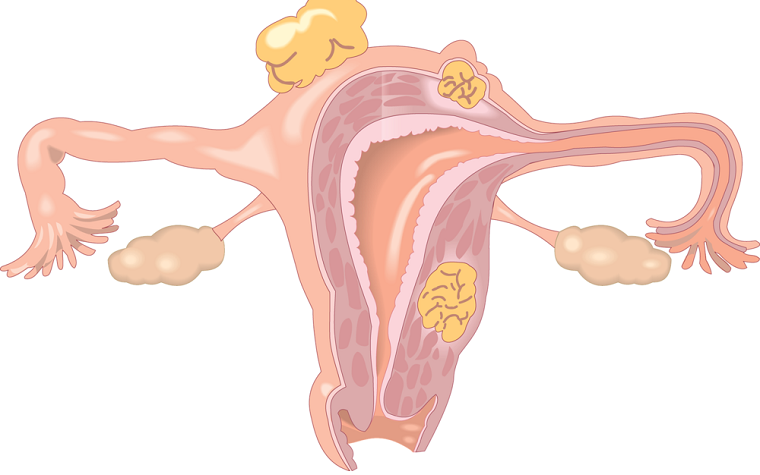
A study from the Mayo Clinic found that uterine microbiome of women with endometrial cancer is not the same as that of the uterine microbiome of women without the illness, the clinic reported on its website.
Additionally, researchers found that microbes in the vaginal environment of women suffering from endometrial cancer differed from the microbes in women who did not have the illness, the article said.
The clinic has been studying the connection between vaginal microbes and the uterine environment and how it can effect the growth of endometrial cancer, the article said. Researchers published some of their findings in the Nov. 25, 2016, edition of the Genome Medicine journal.
"We set out to discover whether there is a microbiome component in the malignancy of tumors and if its appearance in patients diagnosed with the disease is distinguishable from that of patients without malignancy," Marina Walther-Antonio, the lead author of the study and a Mayo Clinic researcher, said in the article.
The study looked at 31 white women who were undergoing a hysterectomy. Seventeen of the women were diagnosed with endometrial cancer, 10 were diagnosed with a benign gynecologic condition and four received an endometrial hyperplasia diagnosis, the article said. Researchers say they will do further studies with a more diverse group of women.
"Further investigation is needed to better understand the role of the microbiome in the manifestation, cause or progression of endometrial cancer," Walther-Antonio said in the article. "Because of the modifiable nature of the microbiome, our findings may hold promise in the development of strategies for endometrial cancer prevention, such as early screening tools."